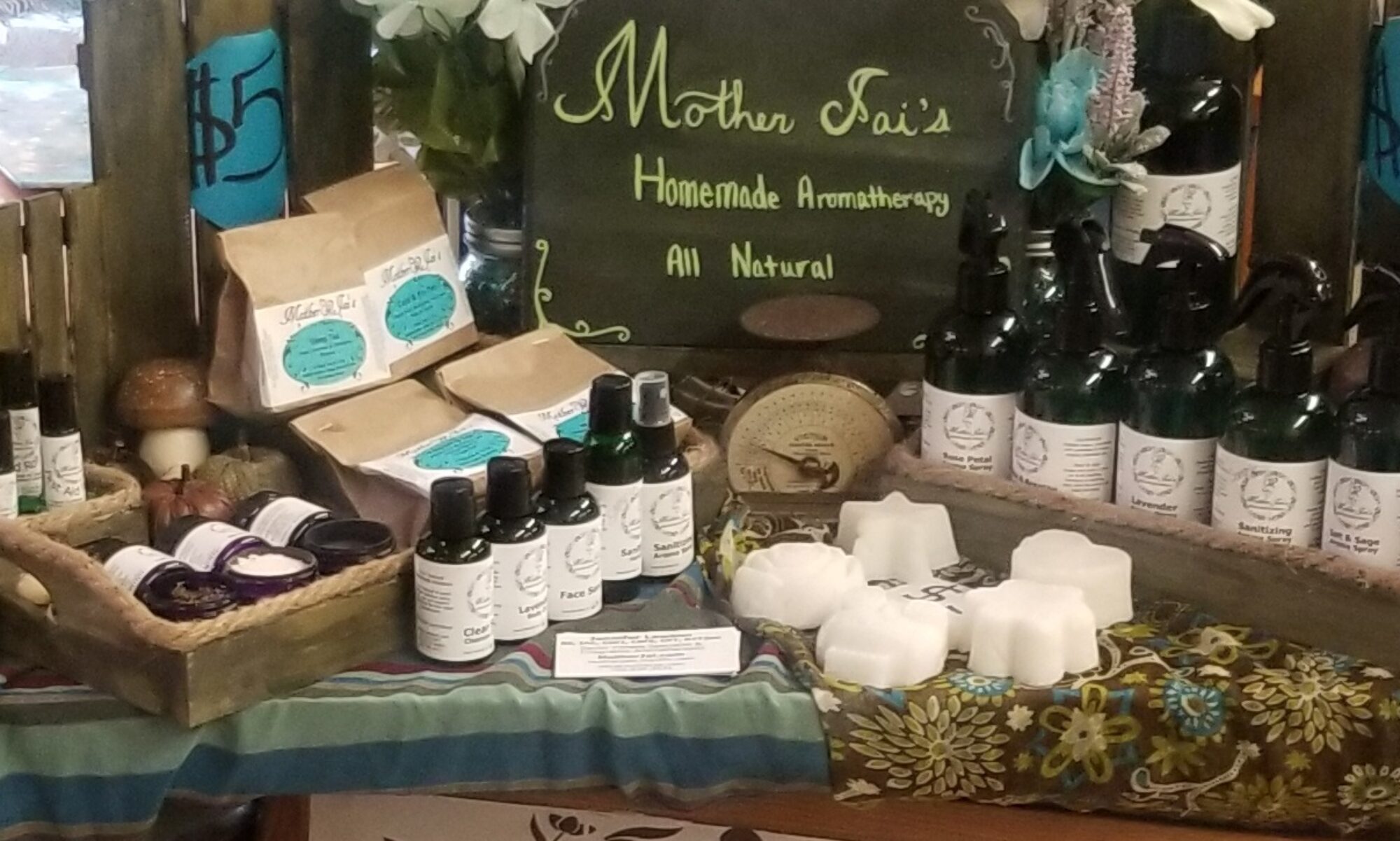
This image is everyone’s basic sleep cycle. It shows everything the brain and body do while you’re sleeping. We sleep because our brains and bodies need to assimilate, heal, rebuild, and regroup. We cannot grow or heal without sleep. We cannot think or feel without sleep. There is definitely a reason why we sleep.
Sleep Architecture follows a pattern of alternating REM (rapid eye movement) and NREM (non-rapid eye movement) sleep throughout a typical night in a cycle that repeats itself about every 90 minutes. What role does each state and stage of sleep play?
NREM (75% of night): As we begin to fall asleep, we enter NREM sleep, which is composed of stages 1-4
- N1 (formerly “stage 1”)
- Between being awake and falling asleep
- Light sleep
- N2 (formerly “stage 2”)
- Onset of sleep
- Becoming disengaged from surroundings
- Breathing and heart rate are regular
- Body temperature drops (so sleeping in a cool room is helpful)
- N3 (formerly “stages 3 and 4”)
- Deepest and most restorative sleep
- Blood pressure drops
- Breathing becomes slower
- Muscles are relaxed
- Blood supply to muscles increases
- Tissue growth and repair occurs
- Energy is restored
- Hormones are released, such as: Growth hormone, essential for growth and development, including muscle development
- REM (25% of night): First occurs about 90 minutes after falling asleep and recurs about every 90 minutes, getting longer later in the night
- Provides energy to brain and body
- Supports daytime performance
- Brain is active and dreams occur
- Eyes dart back and forth
- Body becomes immobile and relaxed, as muscles are turned off
Benefits of Sleep: There are many benefits to getting a good night’s rest on a consistent basis. These are just a few reasons why you need to make sleep a top priority in your life:
- Improves learning and memory.
- Sleep helps the brain commit new information to memory.
- Positive impacts on metabolism/weight.
- Increases safety and performance.
- Strengthens immune system
- Reduces stress.
- Reduces your risk for injury
- Better mood.

Sleep and Wellness
- Getting enough and good quality sleep is essential to maintaining wellness in its entirety.
- Adequate sleep benefits every single system and/or process occurring within the body.
- Inadequate sleep has a wide range of detrimental effects on the health and wellbeing of the entire individual.
- Everyone is different, so sleep schedules and lengths of sleep vary greatly from person to person.
- The first step to attaining wellness overall is to ensure that the body and mind both get adequate and high quality rest and relaxation.
What happens if we don’t get enough sleep? Just to name a few.
- Trouble with thinking and concentration.
- Forgetfulness and loss of short term memory.
- Difficulty making decisions, poor choices.
- Mood changes and mood swings.
- Impulsive thoughts and actions.
- Accidents occurring with lack of concentration and inability to think clearly.
- Immune system dysfunction/malfunction.
- High Blood Pressure
- High Cholesterol
- Difficulty focusing or seeing for long periods.
- Increased risk of Heart Disease and atherosclerosis.
- Increased appetite and decreased metabolism.
- Weight gain.
- Diabetes.
- Hormonal imbalances.
- Low libido.
- Poor balance.
- Poor coordination and motor skills.
- Graying of skin and hair.
- Decreased collagen and increased wrinkling of skin.
- Poor wound healing.
- Development of arthritis.
A review of 16 studies found that sleeping for less than 6 to 8 hours a night increases the risk of early death by about 12 percent. (http://www.healthline.com/health/sleep-deprivation/effects-on-body). The obvious signs of sleep deprivation are:
- excessive sleepiness
- yawning
- irritability
- daytime fatigue

Sleep Deprivation: is the condition of not having enough sleep; it can be either chronic or acute. A chronic sleep-restricted state can cause fatigue, daytime sleepiness, clumsiness and weight loss or weight gain. It adversely affects the brain and cognitive function. It can also:
- prevent your immune system from building up its forces. If you don’t get enough sleep, your body may not be able to fend off invaders. It may also take you longer to recover from illness. Long-term sleep deprivation also increases your risk for chronic illnesses like diabetes and heart disease.
- negatively affect your mental abilities and emotional state. You may feel more impatient or prone to mood swings. It can also compromise decision-making processes and creativity.
- prompt your body to release higher levels of insulin after you eat. Insulin controls your blood sugar level. Higher insulin levels promote fat storage and increase your risk for type 2 diabetes.
- affect growth hormone production, especially in children and adolescents. These hormones help build muscle mass and repair cells and tissues. The pituitary gland releases growth hormones continuously, but sleep and exercise also help induce the release of this hormone.
- make you experience microsleep in the day. During these episodes, you’ll fall asleep for a few seconds or minutes without realizing it. Microsleep is out of your control and can be extremely dangerous if you’re driving. It can also make you more prone to injury due to trips and falls.
If sleep deprivation continues long enough, you could start having hallucinations—seeing or hearing things that aren’t there. A lack of sleep can also trigger mania in people who have manic depression. Other psychological risks include:
- impulsive behavior
- depression
- paranoia
- suicidal thoughts
So, you see sleep is necessary. We all need it, no matter what.


